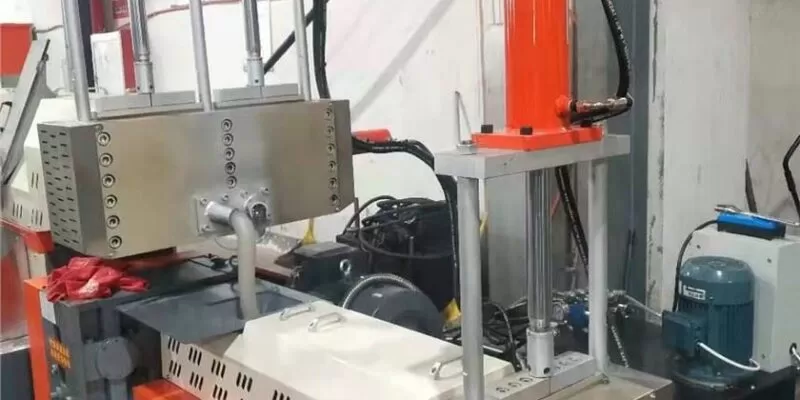As the CEO of Amige, I’m constantly intrigued by the innovative advancements in our industry. Today, I’m excited to delve into the realm of plastic pellet machines and uncover the latest technologies revolutionizing this space.

Plastic pellet machines have long been essential in recycling and manufacturing processes. But what exactly is the new technology shaping their future?
In recent years, we’ve witnessed a significant shift towards sustainable solutions in the plastics industry. This has spurred the development of cutting-edge technologies aimed at enhancing efficiency, reducing waste, and minimizing environmental impact.
With sustainability at the forefront, one notable advancement is the integration of artificial intelligence (AI) and machine learning algorithms into plastic pellet machines. These intelligent systems optimize production processes, predict maintenance needs, and streamline operations, ultimately maximizing productivity and minimizing downtime.
Harnessing the Power of AI
AI-powered plastic pellet machines utilize real-time data analysis to optimize settings and parameters, ensuring precise control over pellet quality and consistency. By continuously learning from production patterns and user feedback, these systems adapt and evolve, delivering unparalleled efficiency and performance.
Furthermore, AI algorithms enable predictive maintenance, proactively identifying potential issues before they escalate into costly downtime. By analyzing equipment performance metrics and detecting early warning signs of malfunction, manufacturers can schedule maintenance tasks strategically, minimizing disruptions and maximizing uptime.
Pushing the Boundaries with 3D Printing
Innovations in additive manufacturing, particularly 3D printing, are also reshaping the landscape of plastic pellet machines. Manufacturers are exploring novel approaches to extrusion and molding, leveraging 3D printing technologies to create intricate molds and components with unprecedented precision and complexity.
By harnessing the flexibility and customization capabilities of 3D printing, manufacturers can produce bespoke parts and molds tailored to specific applications, optimizing efficiency and minimizing material waste. This versatility opens up new possibilities for product design and development, driving innovation across diverse industries.
Embracing Sustainable Solutions
In response to growing environmental concerns, the plastics industry is embracing sustainable solutions to reduce its ecological footprint. Advanced recycling technologies, such as chemical recycling and depolymerization, are gaining traction, offering efficient methods for converting plastic waste into high-quality pellets.
These innovative recycling processes enable the repurposing of a broader range of plastics, including mixed or contaminated materials, into new pellets suitable for manufacturing. By closing the loop on plastic waste and promoting a circular economy, these technologies contribute to environmental stewardship and resource conservation.
Addressing the Challenge of Contamination
Contamination remains a significant challenge in plastic recycling and pelletizing processes. To tackle this issue, manufacturers are implementing advanced sorting and purification technologies to ensure the quality and purity of recycled pellets.
Automated sorting systems equipped with advanced sensors and sorting algorithms can distinguish between different types of plastics and remove contaminants with precision. Additionally, innovative purification techniques, such as melt filtration and chemical treatments, further enhance the quality of recycled pellets, meeting the stringent requirements of various industries.
Revolutionizing Material Handling and Logistics
Beyond production processes, technology is also revolutionizing material handling and logistics in the plastic pellet industry. Automated conveying systems, robotic palletizers, and smart warehouse solutions optimize supply chain operations, improving efficiency, accuracy, and traceability.
These integrated systems leverage IoT connectivity and data analytics to monitor inventory levels, track shipments, and streamline order fulfillment processes. By automating repetitive tasks and minimizing human intervention, manufacturers can reduce labor costs, enhance safety, and ensure timely delivery of products to customers worldwide.
Conclusion
In conclusion, the future of plastic pellet machines is undeniably bright, driven by innovation, sustainability, and technological advancement. From AI-powered optimization to 3D printing breakthroughs and sustainable recycling solutions, the industry is poised for transformative growth. As we continue to push the boundaries of what’s possible, Amige remains committed to leading the charge toward a more sustainable and efficient future for plastic pellet manufacturing.
Let’s embrace the possibilities and embark on this exciting journey together!
